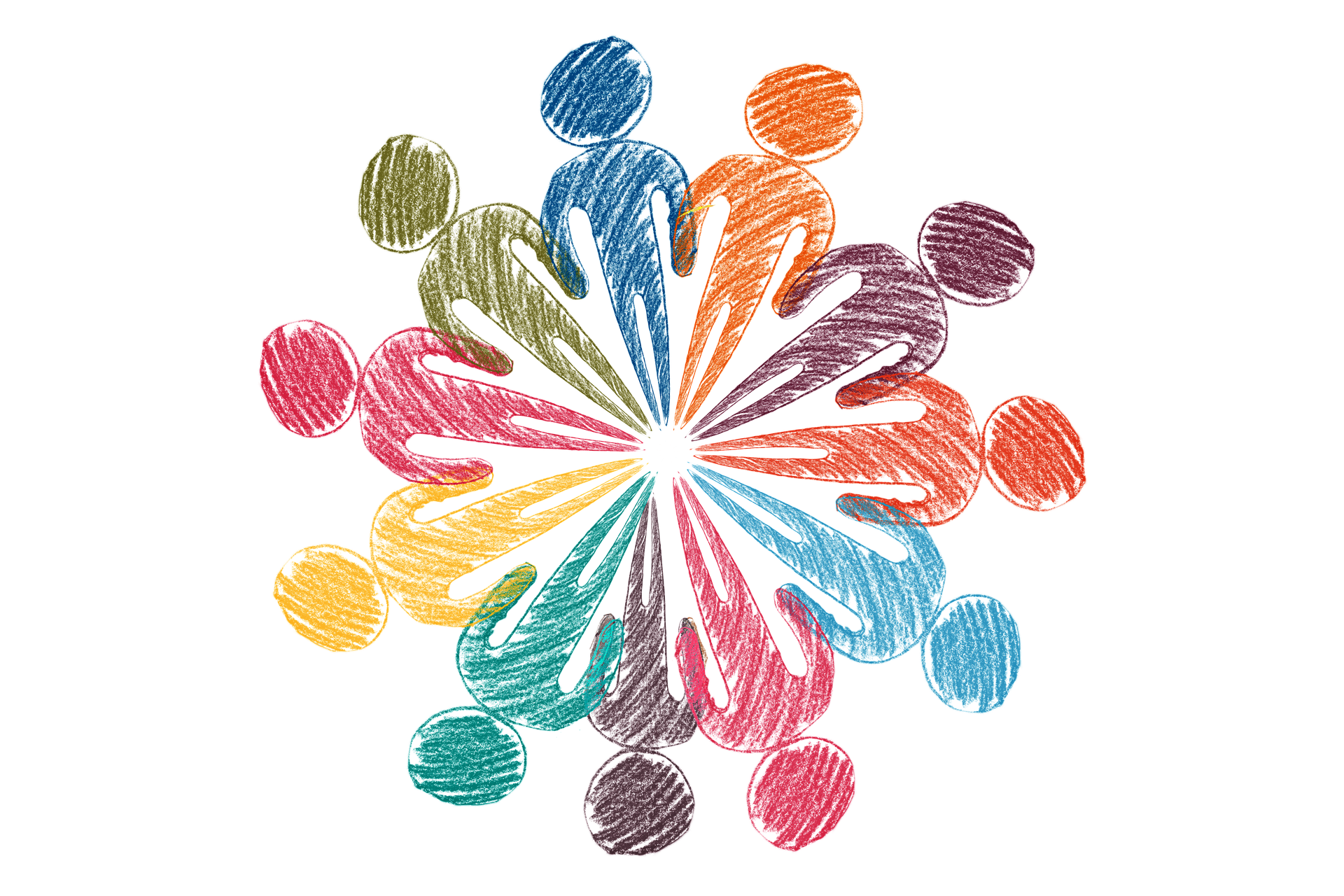By Crystal Williams, Ed.M.
As early childhood professionals, it is imperative to engage in ongoing learning and professional development. One way to accomplish this is by engaging in social learning through communities of practice (CoPs). In this three-part blog post series, we answer the following questions about communities of practice and provide resources for further exploration:
- Part One: What is a community of practice? Why should I join one?
- Part Two: What communities of practice exist in early childhood education? How can I start my own community of practice?
- Part Three: What other things should I consider when developing and maintaining a community of practice?
What communities of practice exist in early childhood education?
- The Division for Early Childhood (DEC) of the Council for Exceptional Children (CEC) has virtual CoPs for families and professionals to join according to their shared interests, practices and/or roles. Examples of DEC CoPs include early intervention, leadership, and service coordination. Activities vary by CoP and may include meetings, webinars, listservs, etc. Visit the DEC website to learn more about DEC’s CoPs.
- The Early Intervention-Early Childhood Professional Development Community of Practice (EI-EC PD CoP) is a national workspace that focuses on discussions and sharing resources related to online learning and technology use as an avenue for professional development.
- ECHO Autism is a learning network that hosts virtual meetings across the United States and internationally. Professionals can join an ECHO community based on topic or location. Topics include pediatric healthcare, psychology, crisis care, behavior, center engagement, early years, mental health, adult healthcare, family advocates, education, and Missouri Alliance for Dual Diagnosis (MOADD). While not every state has an ECHO network, they are widespread throughout the U.S. You can find a map highlighting ECHO programs and their contact information on the ECHO Autism website.
- The National Association for the Education of Young Children (NAEYC) has online communities available for members, which focus on discussion, diverse ideas, and reflection.
- The National Head Start Association has CoPs available for members that focus on sharing resources, advice, and networking opportunities.
- Additional CoPs can be found on the Early Childhood Technical Assistance Center (ECTA) website related to child and family outcomes, Medicaid, dispute resolution, and inclusion.
A growing way to engage in a community of practice is through a social media group. By conducting a search for early childhood groups on a social media platform, one can find groups that focus on problem-solving, sharing strategies and resources, and advocating for children and families.
How can I start my own community of practice?
Starting a new CoP may be necessary or desired for several reasons such as:
- You want to engage in discussion and/or action that is related to specific topics that are not addressed in other CoPs.
- Some professionals, such as EI providers serving children ages birth to three, work in isolation and do not have opportunities to share knowledge and experience. A CoP can provide these opportunities.
- You want to broaden the group of individuals in a CoP (i.e., including parents who were previously not invited to participate).
- The agency/setting in which you work would benefit from more collaboration, shared decision-making, or a growth mindset.
Tip: This webinar can help early childhood professionals get started with forming their own CoP.
References
Gillaspy, K., Vinh, M., Surbrook-Goins, N., & Nichols, S. (2019). Growing together: Developing and sustaining a community of practice in early childhood. Gryphon House Inc.
Image from Pixabay.com, CC0














